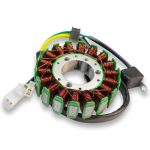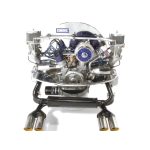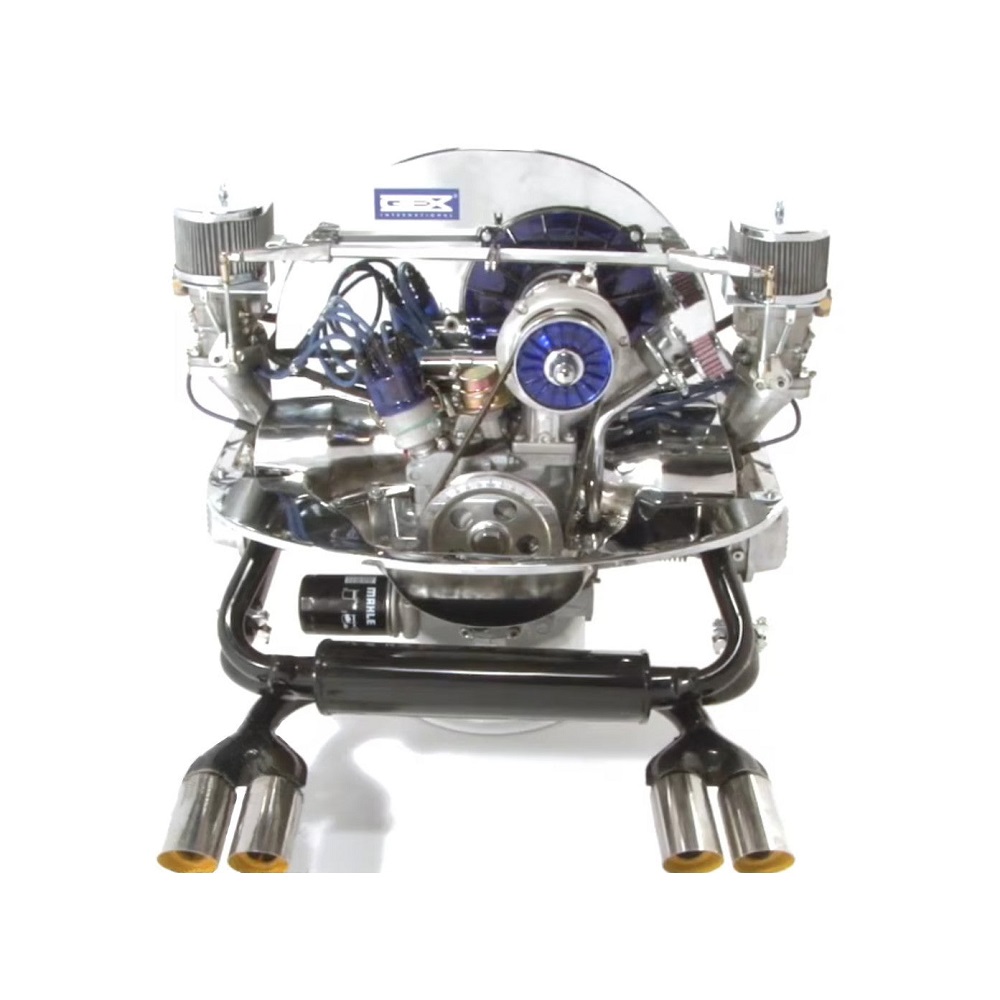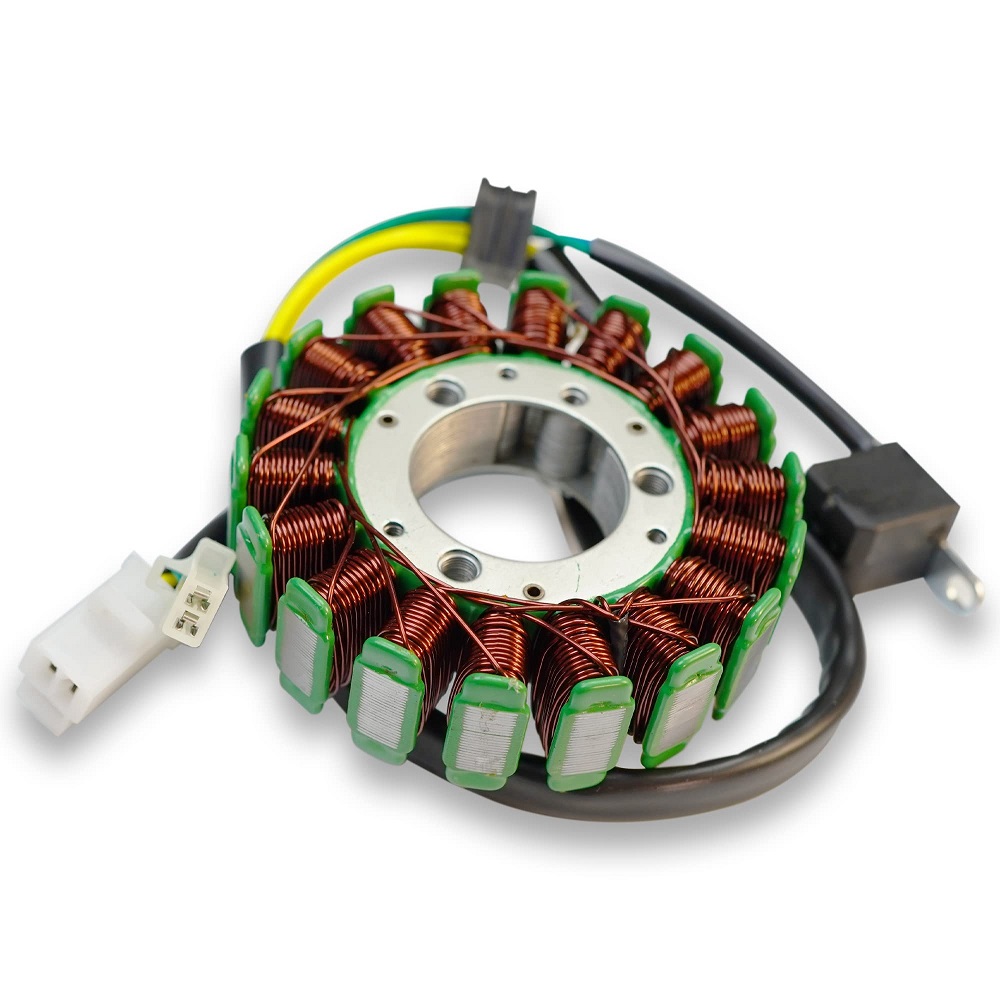Introduction to Engine Basics
The Importance of Engine Components
Understanding engine components is crucial for anyone who operates or maintains a vehicle. The engines key is the heart of a vehicle, converting fuel into mechanical energy that powers the wheels. An intricate system of components works together to achieve this process. Familiarity with these components not only aids in the proper function of the engine but also enhances your ability to diagnose potential issues. This guide provides an overview of major engine components and their significance.
Types of Engines
Engines come in various types, each tailored to specific applications. Internal combustion engines key are the most common, utilizing fuel and air to create combustion within the engine chamber. These engines can be further categorized into gasoline engines and diesel engines, each with distinct operating principles. Additionally, electric engines are gaining popularity as automotive technology evolves. Understanding the basics of engine types helps to contextualize the components that will be discussed.
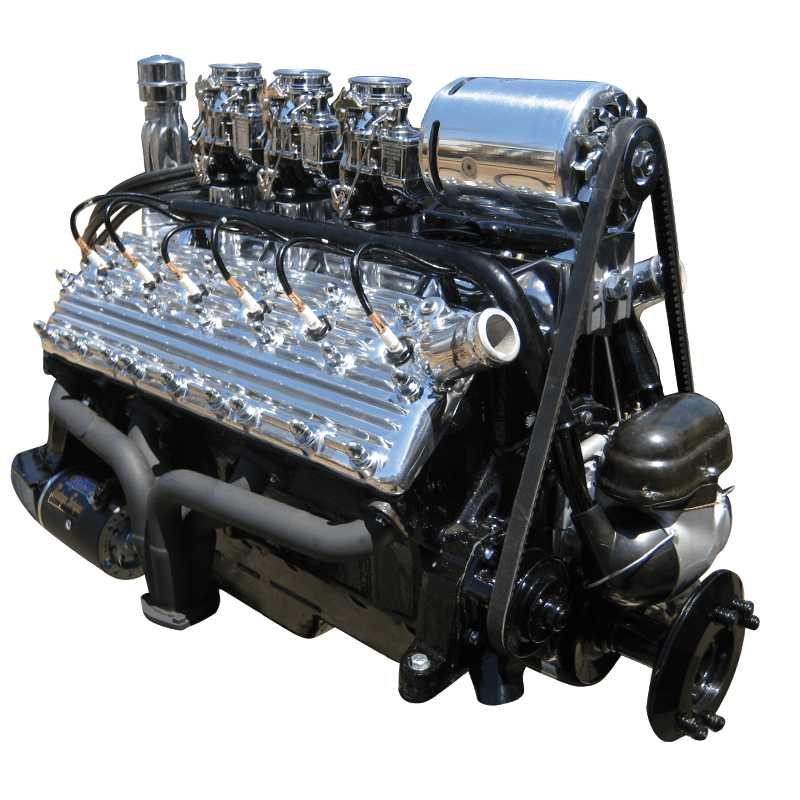
Overview of Engine Functions
At its core, an engine functions by converting fuel into energy, which is harnessed to create motion. The engine operates through four primary strokes: intake, compression, power, and exhaust. Each stroke represents a specific phase in the combustion cycle, with key components facilitating these processes. However, when issues arise, such as insufficient lubrication or overheating, the engine can seize. Recognizing engine seized symptoms—like a non-responsive starter, a strange clunking noise, or an engine that refuses to turn over—is crucial for addressing the problem promptly and preventing further damage. Understanding these symptoms, along with the engine’s core functions, is essential for maintaining a healthy and efficient engine system.
Key Components of an Engine
Engine Block
The engine block is the main structure of a vehicle’s engine. This heavy-duty metal frame houses the engine’s moving parts, including cylinders, pistons, and crankshaft. The design allows for the efficient transfer of heat and provides the necessary strength to withstand the internal pressures created during combustion. Engine blocks can be made of cast iron or aluminum, with each material offering advantages in weight and heat dissipation. Understanding the engine block’s importance can enhance your appreciation for its role in engine performance.
Pistons and Cylinders
Pistons are critical components that translate the energy produced in the combustion chamber into mechanical movement. They move up and down within the cylinders, creating the motion needed to turn the crankshaft. Each piston fits tightly within its respective cylinder to ensure an efficient seal, optimizing the combustion process. The interplay between the pistons and cylinders is vital for maintaining engine power. Regular maintenance and checks can help ensure that pistons and cylinders perform optimally, extending the life of the engine.
Crankshaft
The crankshaft is another essential component, converting the linear motion of the pistons into rotational motion. This process is what ultimately drives the vehicle’s wheels. The crankshaft is connected to multiple pistons and rotates as they move in sync. It also serves as a critical structural component of the engine. A properly balanced crankshaft enhances engine performance and reduces vibration. Any issues with the crankshaft can lead to significant engine problems, emphasizing the need for regular inspections.
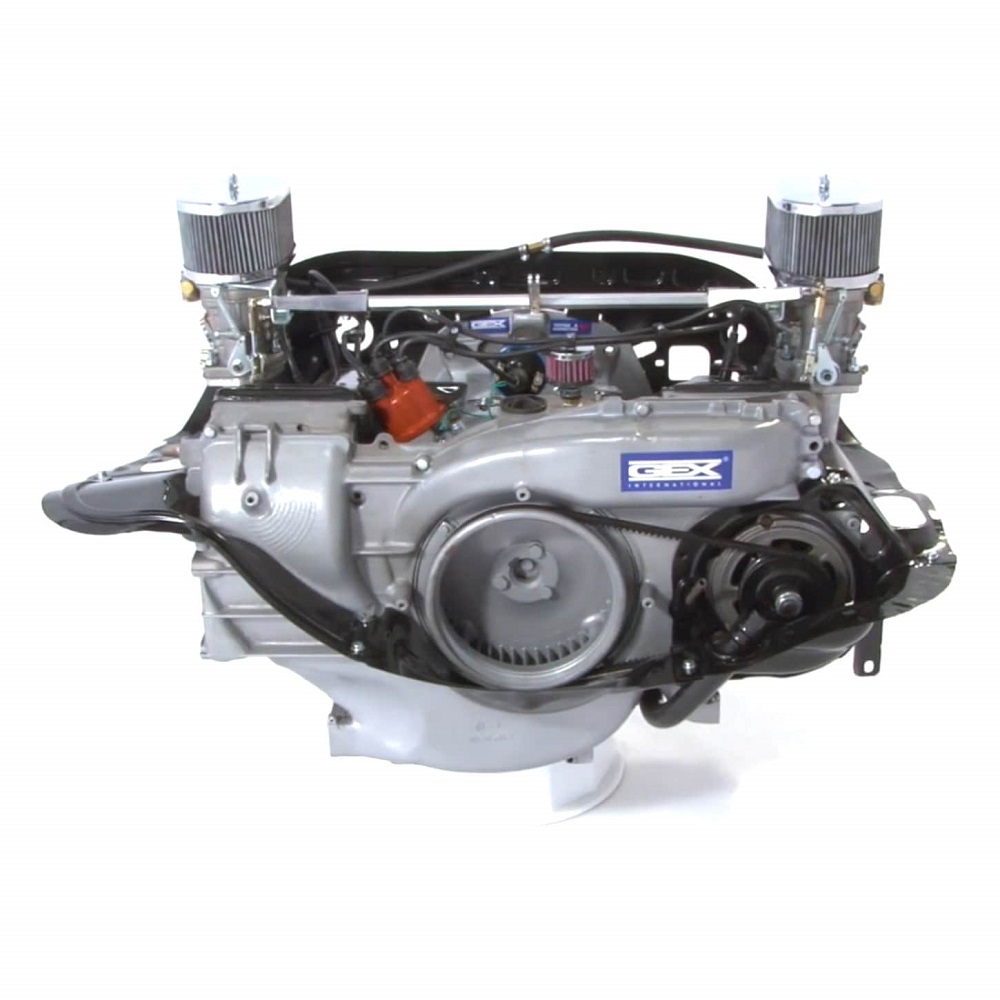
Essential Engine Systems
Fuel System
The fuel system plays a crucial role in delivering the appropriate amount of fuel to the engine. This system includes components such as the fuel tank, fuel pump, fuel filter, and fuel injectors. Each component works together to ensure that the correct fuel mixture reaches the engine for optimal combustion. Regular maintenance of the fuel system is important to prevent clogging and ensure efficient operation. A well-functioning fuel system contributes to better fuel economy and engine performance.
Ignition System
The ignition system initiates the combustion process within the engine. This system is crucial for gasoline engines and consists of components like the spark plugs, ignition coil, and distributor. When the engine is cranked, the ignition system provides the spark necessary to ignite the air-fuel mixture. A malfunction in any part of the ignition system can lead to poor engine performance or failure to start. Regular checks can help identify issues in the ignition system before they escalate.
Exhaust System
The exhaust system manages the gases produced during combustion and expels them from the engine. Key components include the exhaust manifold, catalytic converter, and muffler. The exhaust manifold collects exhaust gases from multiple cylinders and directs them to the exhaust system. The catalytic converter then reduces harmful emissions before they exit through the muffler, which mutes engine noise. A functional exhaust system is crucial not only for performance but also for meeting environmental standards.
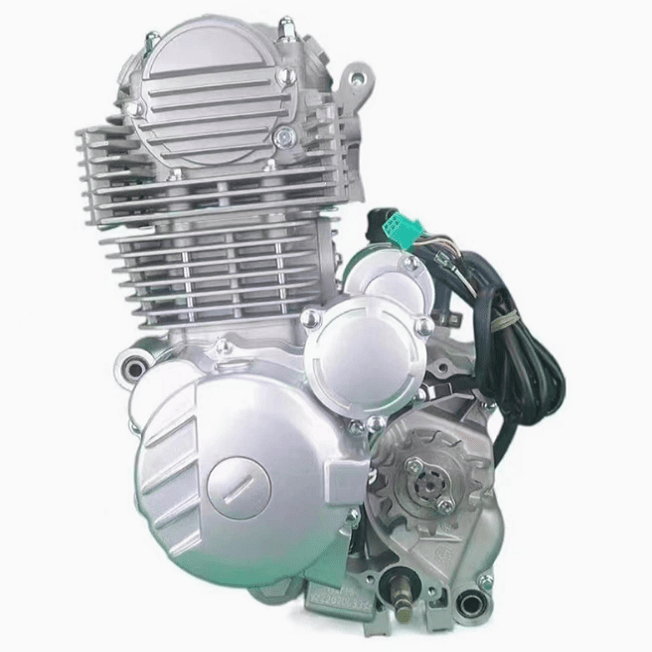
Cooling and Lubrication
Cooling System
The engine generates heat while operating, and excess heat can lead to damage. The cooling system, consisting of the radiator, water pump, and coolant, helps regulate engine temperature. Coolant circulates through the engine, absorbing heat and preventing overheating. The radiator dissipates this heat into the air. Regular maintenance, such as checking coolant levels and inspecting the radiator, is vital for the longevity of the engine. An efficient cooling system helps maintain optimal operating temperatures during engine use.
Lubrication System
The lubrication system is critical for minimizing friction between moving parts. It uses oil to lubricate the engine components, reducing wear and aiding in heat dissipation. Primary components of the lubrication system include the oil pump, oil filter, and oil pan. The oil pump circulates oil throughout the engine, while the oil filter removes contaminants to ensure clean oil flows. Regular oil changes are essential in keeping the lubrication system effective and prolonging engine life.
Importance of Regular Maintenance
Maintaining both the cooling and lubrication systems is crucial for engine efficiency. Neglecting either system can lead to overheating or excessive friction, increasing the risk of engine failure. By routinely checking coolant levels, monitoring oil quality, and scheduling regular maintenance, vehicle owners can ensure that their engines operate smoothly for years to come.
Diagnosing Engine Issues
Recognizing Symptoms
Understanding common symptoms of engine issues can help identify problems early. Unusual noises, such as knocking or pinging, can indicate internal issues with components like the piston or crankshaft. Additionally, smoke from the exhaust or a decrease in power can signal more serious problems that require immediate attention. Learning to recognize these signs can help you take proactive measures and potentially save on costly repairs.
Using Diagnostic Tools
Modern vehicles often come equipped with onboard diagnostic systems that can help identify engine issues. Mechanics can use diagnostic tools to read trouble codes generated by the engine control unit (ECU). These codes provide valuable insights into potential problems affecting engine performance. Familiarizing yourself with basic diagnostic tools can empower you to understand your vehicle better and make informed decisions regarding maintenance and repairs.
Consulting Professionals
While some engine issues can be addressed independently, consulting professionals can provide additional insights. Skilled mechanics have the experience and tools to diagnose complex problems accurately. If any signs of trouble persist, seeking professional help is a wise decision. This approach ensures that any underlying issues are addressed before they escalate, safeguarding your vehicle’s performance and extending its lifespan.
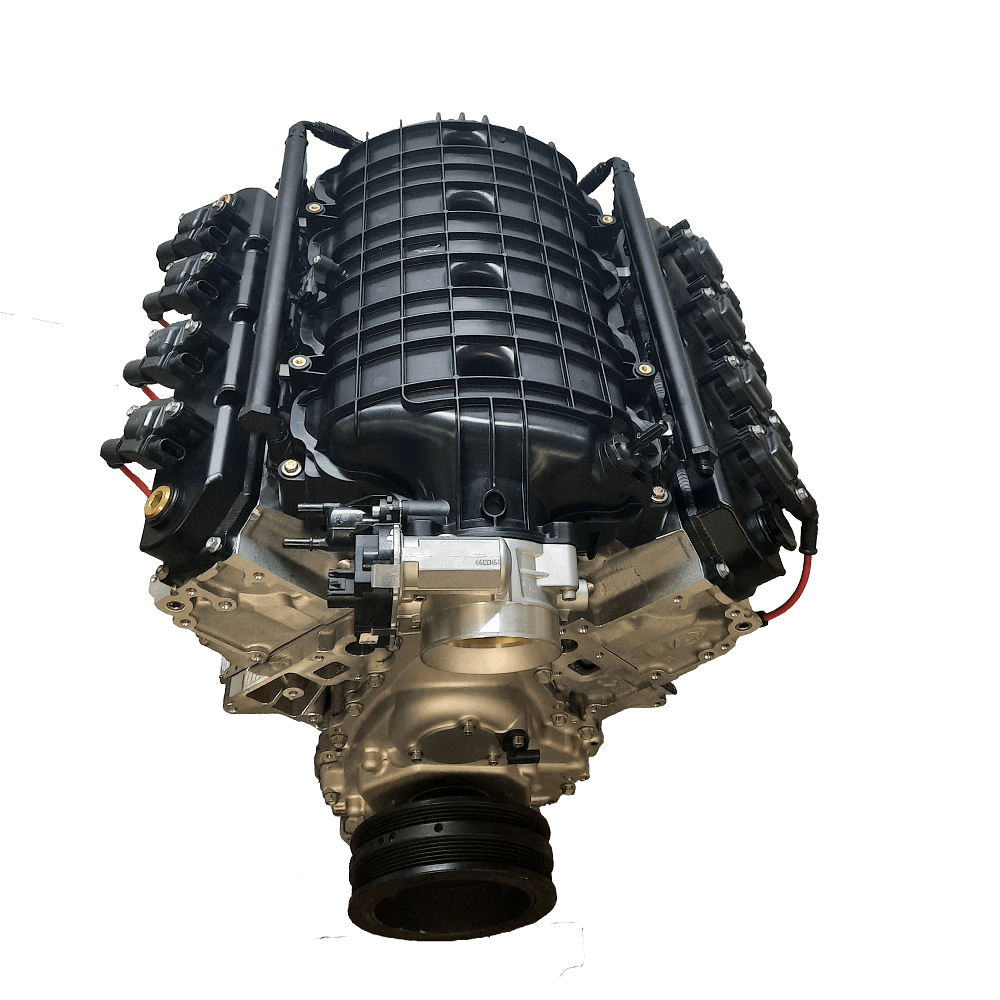
The Evolution of Engine Technology
Advances in Engine Design
Over the years, engine design has evolved significantly to improve performance, efficiency, and emissions. Innovative technologies have led to the development of turbocharged engines, hybrid systems, and direct fuel injection. Turbocharging allows smaller engines to produce more power without increasing size, while hybrid systems combine traditional and electric power for better fuel economy. These advancements showcase how engineering plays a pivotal role in enhancing vehicle performance.
Environmental Considerations
The automotive industry has recently focused more on sustainability and reducing environmental impacts. Many manufacturers are developing engines key designed to minimize emissions while maintaining performance. Vehicles equipped with modern engines often adhere to stricter emissions standards, contributing to a cleaner environment. Understanding these advancements can help consumers make more informed choices when purchasing vehicles that align with their values.
Future Trends in Engine Technology
Looking ahead, the future of engines key technology is likely to be shaped by ongoing innovations. Electric powertrains, fuel cells, and alternative fuels are gaining traction as the industry evolves. These technologies promise to redefine how we understand engine efficiency and emissions. As consumers become more environmentally conscious, the shift toward greener alternatives is expected to intensify. Staying informed about these trends can prepare both drivers and buyers for the next generation of automotive technology.
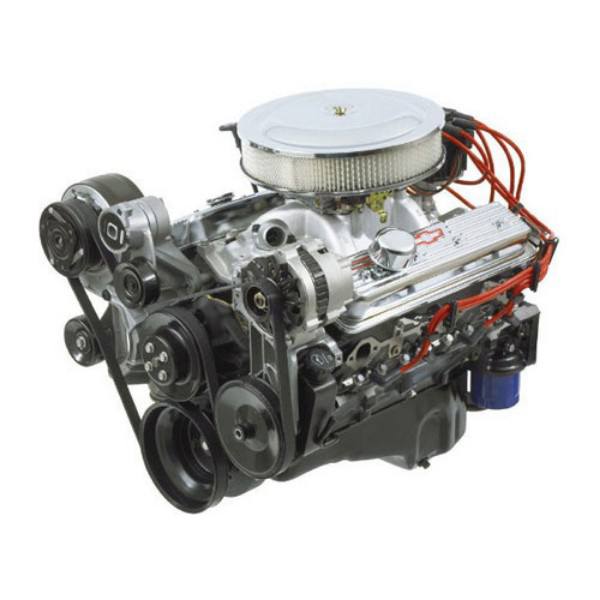
Conclusion: The Significance of Understanding Engine Components
Enhancing Vehicle Knowledge
Understanding engines key components is essential for every vehicle owner. Knowledge about how an engine works empowers individuals to make informed decisions about maintenance and repairs. Recognizing the key parts of an engine not only helps in diagnosing issues but also facilitates better communication with mechanics. This understanding can lead to improved vehicle reliability and performance, as well as increased confidence in driving.
The Role of Routine Maintenance
Regular maintenance of engine components is vital in ensuring longevity and functionality. Proper care can prevent issues from arising that may lead to costly repairs down the line. Simple practices such as monitoring fluids, checking filters, and scheduled inspections can make significant differences in engine performance. Developing a habit of routinely caring for your engines key enhances your overall driving experience.
Embracing Ongoing Learning
Finally, embracing ongoing learning about engines key technology can keep you informed about new advancements in the automotive field. As technology progresses and the industry adapts to modern demands, staying knowledgeable allows you to make the best choices for yourself and your vehicle. Whether you’re a seasoned car enthusiast or a casual driver, understanding engine components serves as a valuable asset in today’s automotive landscape.
